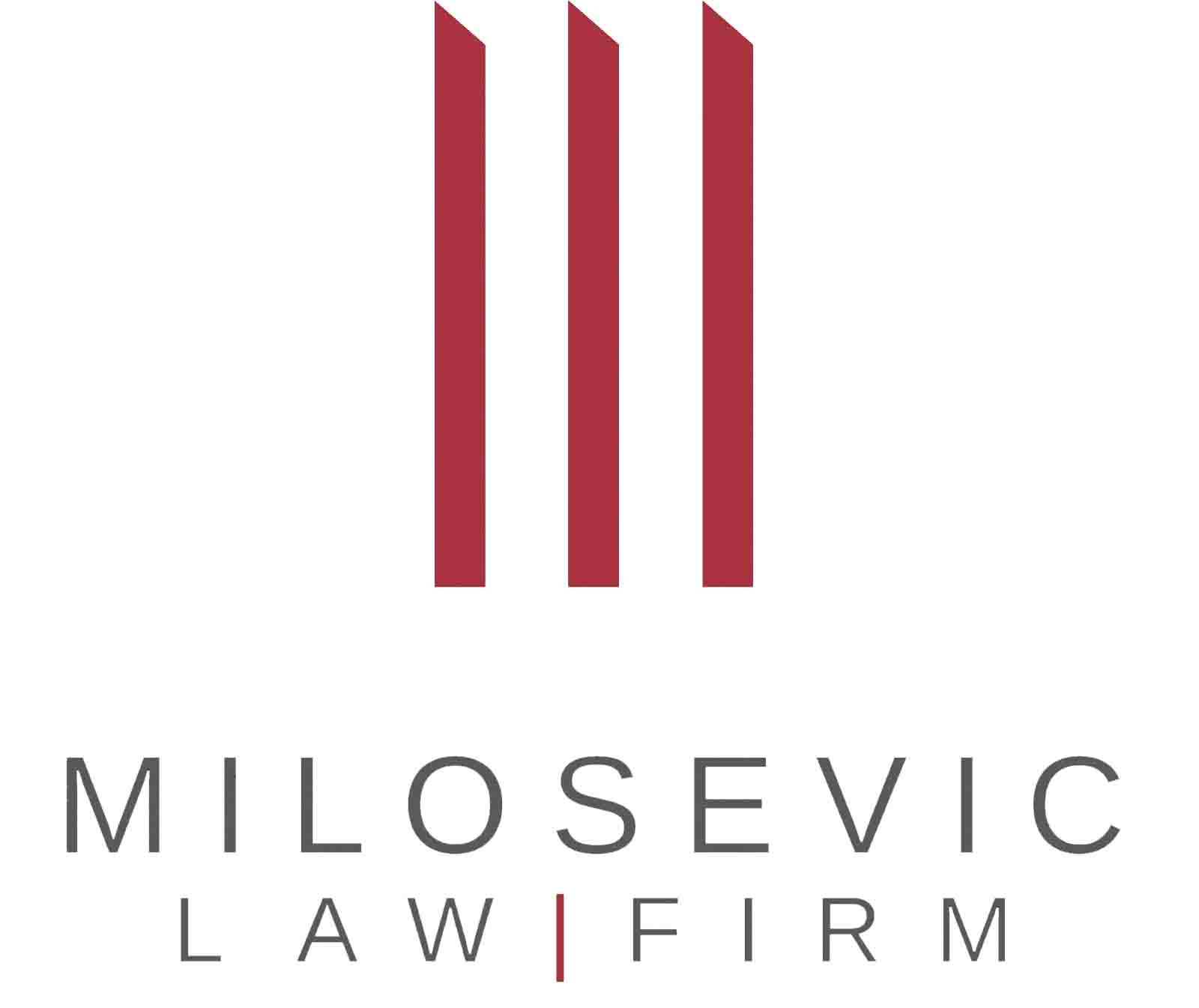In recent times, a particularly relevant topic is the financing of startups. An interesting possibility that has caught the public’s attention is the emergence of SAFT agreements (about which the “Digital Serbia” initiative also published a guide at the end of last year).
What is a SAFT Contract?
A SAFT (Simple Agreement for Future Tokens) is a financial agreement designed as a means of funding startups. In this arrangement, an investor immediately invests a certain amount in a startup upon the conclusion of the SAFT. The startup, in return, transfers a specific quantity of digital assets to the investor at a later point, usually at a predetermined lower price than the potential future sale of these digital assets. This compensation aims to mitigate the risk taken by investors when investing in a startup. While most associated with startups issuing digital assets, these contracts, or this type of financing, can be utilized by startups in any field.
SAFT, as a concept, first emerged in countries with more developed digital asset markets, such as the United States. They closely resemble SAFE (Simple Agreement for Future Equity), which enables investors to invest in startups and later acquire a share in the company based on this investment. SAFEs are based on the issuance of additional shares, a process that is more challenging in Serbia due to significantly different regulatory frameworks compared to the U.S. In contrast, the legal framework for SAFT is somewhat more favorable.
Specifically, the Act on Digital Asset (the “Act”), which came into effect on December 29, 2020, and was enforced six months later, established an adequate framework for SAFT. The Act stipulates that the Capital Market Act does not apply if a startup issues digital tokens worth up to three million euros over one year that do not have the characteristics of shares (nor are they convertible into shares). This creates significant opportunities for startups to raise funds they need without being subject to the strict regulations related to capital markets. In any case, the Republic of Serbia Securities Commission (“Commission“) is competent for matters related to digital tokens (contrary, when it comes to virtual currencies, the competence lies with the National Bank of Serbia).
What is the subject matter of SAFT contracts?
The subject matter of SAFT largely depends on the specific conditions agreed upon between the startup and the investor. However, fundamentally, it defines the rights and obligations of the parties regarding the financing of the startup through the issuance of future digital tokens.
The Act defines digital tokens as a type of digital asset representing any intangible property right that, in digital form, represents one or more other property rights. This may include the right of the digital token holder to receive certain services. It is important to note that the Act does not define the types of tokens, and in practice, a significant number of tokens have emerged that grant holders’ various rights. For example, if trading tokens on the secondary market is allowed, the token holder can sell their tokens to third parties and make a profit in that way. If the tokens are used for payment of specific services within the issuer’s ecosystem, the holder can use them to pay for those specific services, and so on.
Additionally, when it comes to SAFTs, we would like to emphasize that these contracts fall under the category of unnamed contracts in Serbian law, meaning that no regulation directly governs them, and no law prescribes their essential elements (mandatory content). This implies that if a SAFT contract is drafted in accordance with general principles of contract law, it will be valid without having to meet any additional, specific conditions. This also means that SAFT contracts can vary significantly from one another, depending on the specific legal situations they regulate.
Stated that, these contracts will almost always regulate the investment amount, the rights that the token provides to investors (privileges/ functionalities of the token), the date and conditions of token issuance, the mechanism of token distribution, intellectual property rights, trading restrictions on tokens (if any), clauses/mechanisms protecting investors, dispute resolution methods, etc. However, they will always be tailored to the specific project at hand.
Advantages and Potential Drawbacks of SAFT Contracts
Below are outlined several advantages and potential drawbacks of SAFT agreements based on the author’s opinion and currently available facts, which are subject to change, and should not be considered as advice for (not) entering into SAFT agreements.
Advantages:
Access to Capital: SAFTs offer startups a more flexible and efficient means of raising funds from early investors, often with more favorable terms than traditional loans or venture capital.
- Simplified Process: SAFT agreements, at present, are not characterized by a complex legal and regulatory framework, which can expedite and reduce the costs of the fundraising process.
- Investor Protection: SAFTs provide investors with clearer legal definitions of their rights and obligations, offering potential protection against losses in the event of project failure.
Potential Drawbacks:
- New Concept: SAFTs are a relatively new instrument, and their legal framework is still evolving, introducing a degree of uncertainty.
- Limited Liquidity: The demand for issued tokens cannot be accurately predicted, leading to potential challenges for investors in terms of trading and reduced liquidity.
- Regulatory Development: Regulations pertaining to SAFTs vary from country to country and are still in the process of formation, adding extra complexity, especially for international projects that raise funds globally.
The projection of the development and application of these contracts in the Serbian market cannot be made with a high degree of certainty. However, it is undeniable that SAFTs represent an intriguing innovation that can be leveraged, considering Serbia’s evident trend towards startup development.

Recent Comments